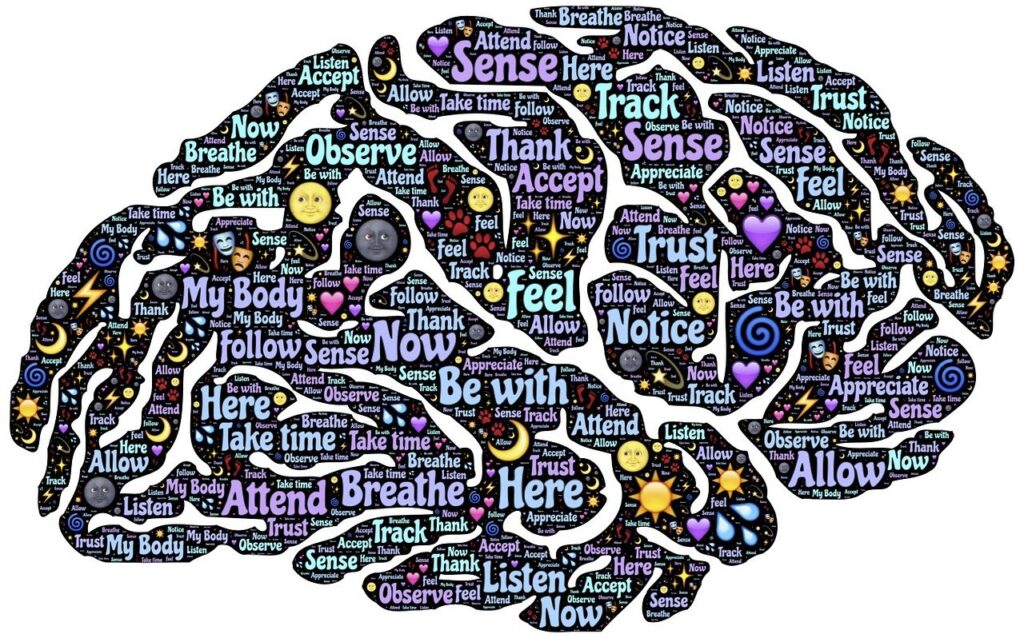Tapering and People-Pleasing
When we begin tapering off medication, we often start blindly, unaware of our fears, behaviors, and the subconscious programs running the show. One of the most common of these is people-pleasing.
Many who struggle with the mind-body syndrome share this tendency. Saying yes when you mean no, overextending yourself, or pretending to be kind (while feeling resentful inside) — these patterns keep the nervous system in a constant state of vigilance and stress.
But here’s the truth: tapering and people-pleasing cannot co-exist. The very process of coming off medication requires choices that honor your body and mind. If you continue to overextend, deny your own needs, or suppress your truth for the sake of others, the nervous system never gets the chance to feel safe. Healing demands honesty, not performance.
In trauma-informed theory, this is known as the fawn response — a survival strategy where we appease others to stay safe. Over time, this becomes automatic. It can feel like other people are taking advantage of you, but in reality, it’s often your own ego using up your resources to gain approval, love, or protection. This is not true kindness. This is survival mode.
During withdrawal, these patterns are magnified. As the nervous system adapts, old coping strategies begin to falter. This is why tapering isn’t just about reducing medication — it’s about learning new ways of relating to yourself and the world. Recognizing the fawn response is the first step. The next is retraining the body to recognize safety not through compliance, but through presence.
Mind-Body Syndrome and Honesty
The mind-body syndrome reveals how deeply our emotional patterns affect our physical state. When kindness comes from fear instead of freedom, the body responds as if under threat. Muscles tighten, cortisol rises, and symptoms such as fatigue, dizziness, nausea, and anxiety can appear. These are not signs of damage — they are protective signals from a nervous system that has practiced self-denial for too long.
The way through is honesty. Being radically honest with yourself and others is a form of liberation. And liberation is the foundation of true healing. When you stop pretending, your body begins to relax. When you stop overextending, your nervous system learns that it is safe.
This doesn’t mean rejecting kindness. It means kindness becomes a conscious choice rather than a compulsion. You choose when to give, and you choose when to rest. Both are acts of love.
Freedom as the Ground for Real Kindness
Imagine a simple scenario: a friend asks you to pick them up from the airport. If you are free and want to, you say yes with joy. If you are not, you say no with peace. Either way, you are honest. That honesty is freedom. And in freedom, kindness is real.
This is sovereignty: living from wholeness, not from guilt or performance. It’s the shift from being driven by survival patterns to being guided by conscious choice. And this is why tapering and people-pleasing cannot co-exist — healing requires freedom, and freedom requires honesty.
Somatic Support for Breaking the Pattern
When you catch yourself slipping into automatic “yes,” try pausing for a moment. A few simple somatic grounding techniques can help:
- Self-hug exercise: Cross your arms over your chest and hold your shoulders. This provides containment and reminds your body of safety.
- 5 senses grounding: Name five things you can see, four things you can touch, three things you can hear, two things you can smell, and one thing you can taste. This brings your nervous system into the present moment.
As you practice, remind yourself: “I am free to choose. My worth does not depend on pleasing others.”
Over time, these small practices retrain your nervous system. You begin to feel safety not in pleasing others, but in being fully yourself.
Practice to Try:
Before your next interaction or request, pause and ask yourself: "What would honesty look like here? What would freedom sound like?" Even if you still say yes, doing so with awareness shifts the pattern. Over time, the nervous system learns to associate honesty with safety.
Healing Through Honesty and Choice
Tapering medication and healing the mind-body syndrome are not just about reducing symptoms. They are about creating a new relationship with yourself — one where honesty, freedom, and choice replace guilt, fear, and constraint.
Tapering and people-pleasing truly cannot co-exist. To taper is to step into freedom. To heal fully is to live honestly. And when your nervous system learns safety through honesty, your body begins to heal.






